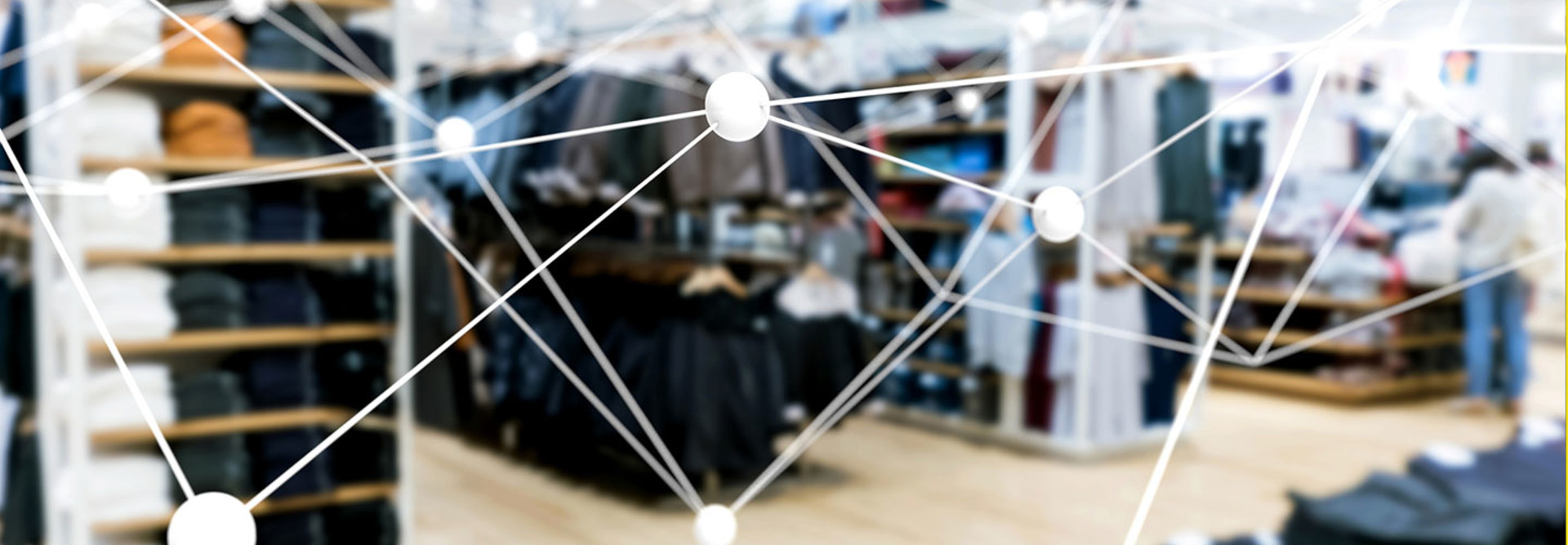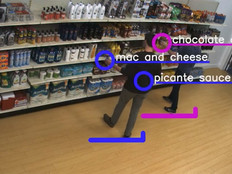How Will AI Help Drive Sales in 2018 and Beyond?
What if a customer posted about wanting to buy a specific kind of sweater on social media? Could a clothing retailer whose mobile application is on the customer’s smartphone send him or her a special offer for just that sweater? Thanks to advances in artificial intelligence this may soon become a reality.
While it’s still early days in the push to use AI to drive revenue, large companies are at the forefront of experimenting with AI-driven marketing and targeting, and the technology’s promise is already apparent.
By using algorithms and advanced data analysis enhanced by AI, brands can better target their customers with products the customers actually want, and in turn can drive revenue growth. And, increasingly, technology vendors are providing the hardware and software to enable such experiences. Retailers and other businesses are taking note.
As Marketing Dive reports, citing data from Forrester Research, 20 percent of firms will use AI to make business decisions in 2018 as well as offer customer service and sales support through automated communications.
SIGN UP: Get more news from the BizTech newsletter in your inbox every two weeks!
Use AI to Cater to Customers’ Desires
Brands have started experimenting with AI to drive sales and introduce new products in ways that are more targeted to customers’ desires.
Restaurant chain TGI Friday’s Inc. is expanding the use of AI to target ads to individual customers, following an experiment last summer that led to a significant increase in sales, according to The Wall Street Journal.
The company is collecting data from point of sale systems, social media posts, credit card transactions and mobile devices. It then uses AI, bots and mobile apps to develop the ad campaigns, according to Sherif Mityas, the chain’s chief strategy officer and CIO.
TGI Friday’s tested the technology during a heat wave in New York City last summer, and it tailored pitches to its mobile app users, based on their recent social media posts, according to the Journal. For example, if an app user posted on Twitter that they needed a cold Long Island Iced Tea, the company’s AI bots flagged the post and algorithms the chain developed and matched it to that customer already in the restaurant’s databases.
Then, TGI Friday’s referenced the drink in a message sent to the person’s mobile device about coming in during happy hour, Mityas said during The AI Summit conference in New York in December. “There’s no way we could ever have pulled that off with humans sitting behind computers,” he said.
TGI Friday’s builds most of the algorithms itself but works with other companies to collect and analyze the data, Mityas said, including Amperity, a startup in Seattle that has helped the chain build data lakes to gather information from outlets such as Twitter and Facebook.
Notably, revenue during happy hour in TGI Friday’s restaurants in New York grew by 70 percent during the test, Mityas said.
Meanwhile, Coca-Cola Co. used data it collected from self-service, “Freestyle” soft drink fountains that allow customers to mix different drinks. The company says there are more than 40,000 Freestyle units in the U.S., together serving 14 million drinks each day, according to Quartz. Using the data it analyzed, the company introduced the Cherry Sprite and Cherry Sprite Zero brands last year.
AI will increasingly be a part of Coca-Cola’s vending machines and chatbots. “My goal is to push boundaries and push the brand forward,” Greg Chambers, the global director of digital innovation at Coca-Cola, said in July 2017, according to VentureBeat. “AI is the foundation for everything we do. We create intelligent experiences. AI is the kernel that powers that experience.”
A Harley-Davidson dealership in New York City used an AI-powered marketing platform called Albert from the company Albert Technologies to dramatically increase sales leads, the Harvard Business Review reports.
“[AI] marketing solutions learn in an expert way, which is critical for marketing professionals who want to uncover insights hidden in their massive amounts of data,” Maria Winans, chief marketing officer of IBM Commerce, tells Marketing Dive.
New Technologies Enable AI-Driven Marketing
As Marketing Dive reports, IBM is increasingly using its Watson platform to deliver AI-powered marketing solutions to customers and to third parties. Watson can now offer personalized and segmented marketing based on everything from customer shopping patterns to weather events.
Meanwhile, Salesforce’s Einstein platform has been integrated with the company’s flagship CRM (customer relationship management) and Marketing Cloud products. “After establishing email leads, Einstein can help marketers and sales teams understand which ones are more likely to close a sale and then recommend next-best business actions, as well as areas to direct effort and spend,” Marketing Dive reports.
Technology companies are also giving brands the computing horsepower to drive these AI-based marketing solutions. In December, IBM unveiled its next-generation Power Systems Servers incorporating its newly designed POWER9 processor. Built specifically for compute-intensive AI workloads, the new POWER9 systems are capable of improving the training times of deep learning frameworks by nearly four times, according to IBM, which it says will allow enterprises to build more accurate AI applications, faster.









